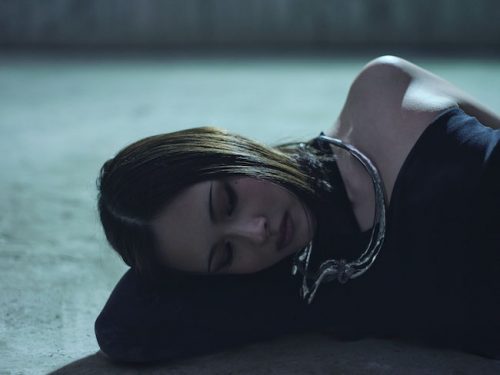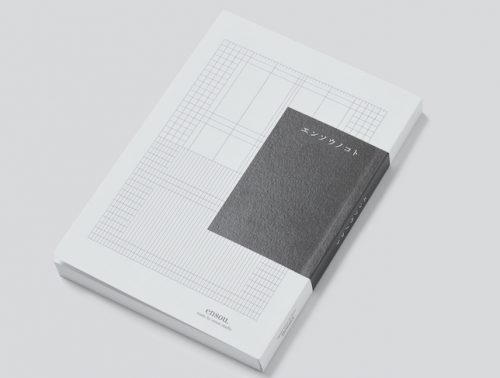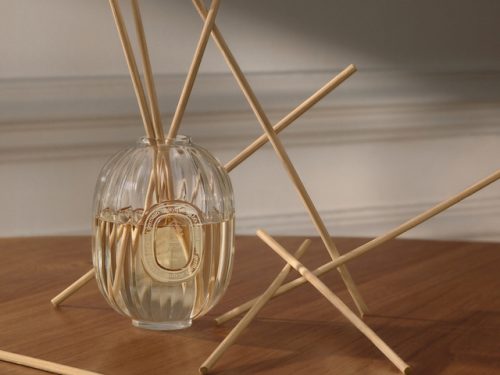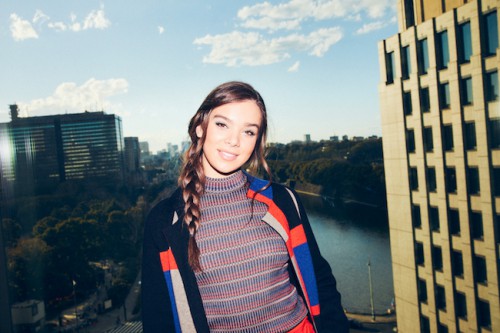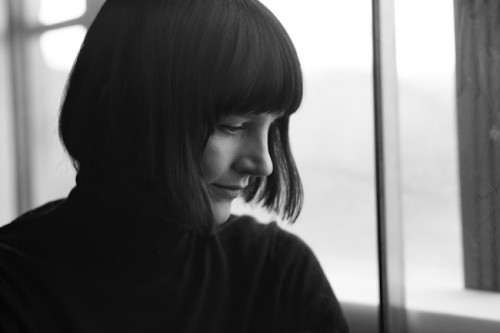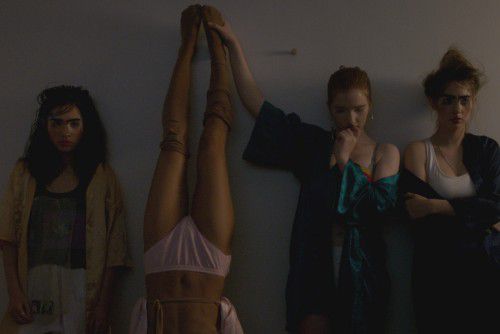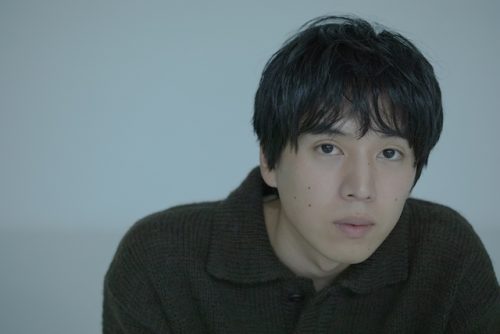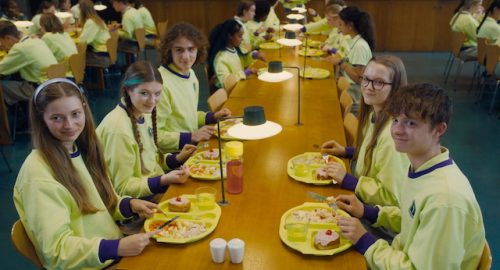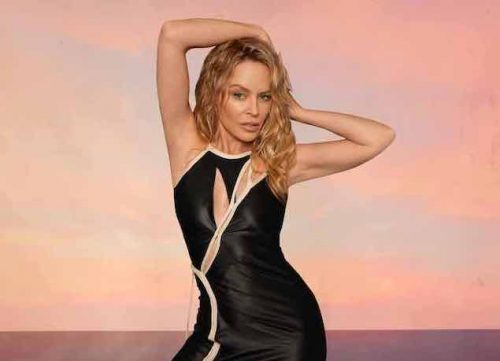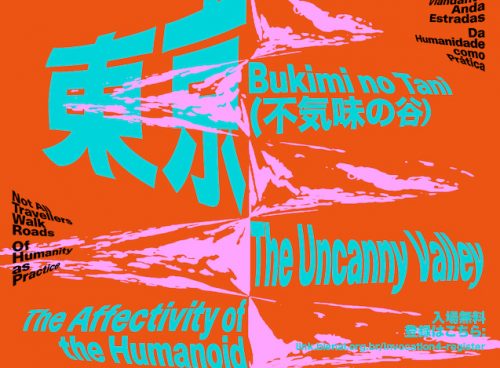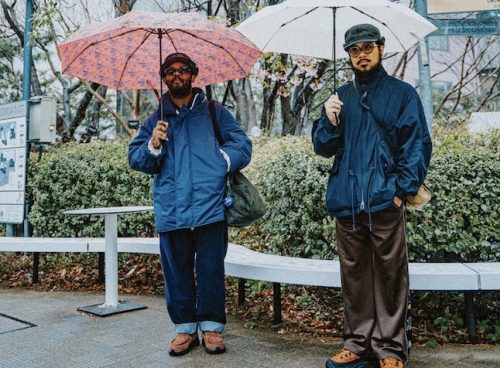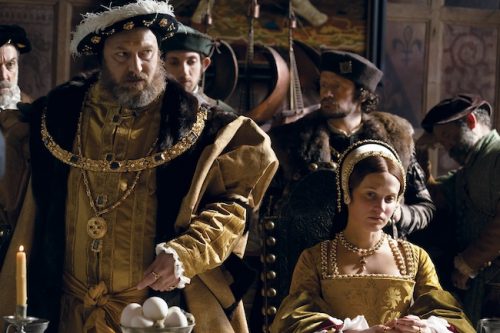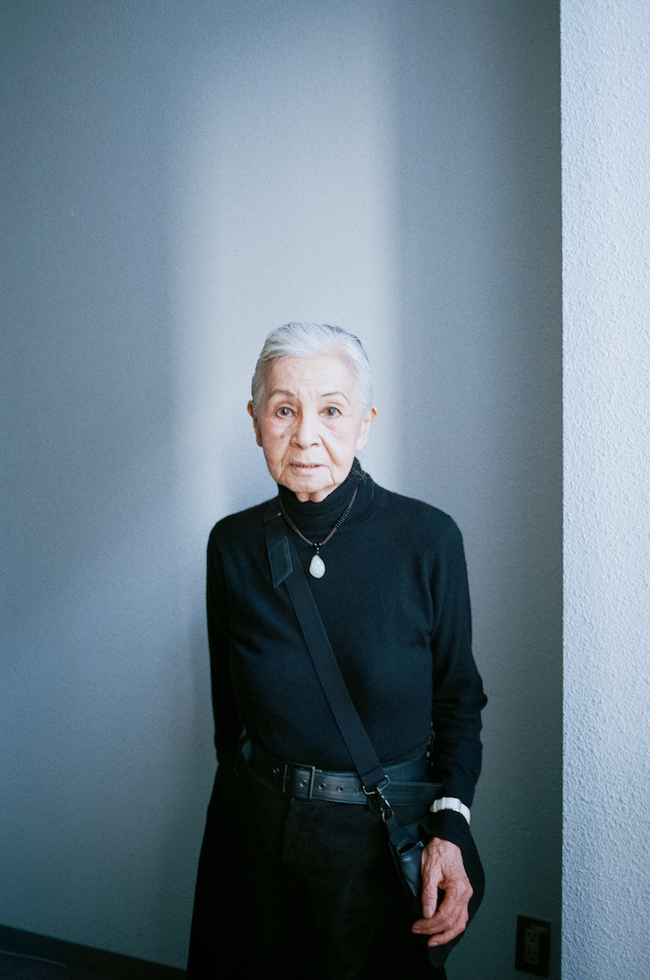
In 1855, the Ansei Toashi Samurai Marathon was lead by many people in Annaka city in the current Gunjima prefecture to encourage military and literary arts – It is said to be the first marathon ever to take place in Japan. The film Samurai Marathon, with its expected release on February 22nd, is a historical drama based on Akihiro Dobashi’s novel Bakumatsu Marathon Samurai completed by a group of talented creators from in and out of Japan, including Director Bernard Rose from the United Kingdom. Emi Wada, who won the Oscar for costume design for Ran (1985) at the Academy Awards, was the one in charge of costume design. In honor of 60 years of her career, we asked Emi, who continues and will continue to succeed all over the world, about the fascinations in this work and her secrets behind costume design.
–This historical piece is set in Japan in its final years of the Edo period known as Bakumatsu. Several intercultural staff members such as Director Bernard Rose from England have participated in the makings. How did you discuss and decide on the costumes?
Emi: “I have always seen Bernard’s works, and we had a relationship where he would watch the films I participated in also, so it was a very smooth process. When you think of historical dramas today, there is a typical image like the NHK Taiga dramas, but it’s not a set prototype like that. First of all, the Annaka Han (domain) was a poor domain so I decided to express that through each of the characters, through details such as whether their collars were structured or not.”
–What kind of research did you conduct beforehand?
Emi: “I first read the original novel, Bakumatsu Marathon Samurai. At Doshisha High School where I graduated, we first study the story of Joseph Hardy Neesima. The Annaka Han was where Professor Neesima belonged, but he escaped the domain and became independent and went to America. That popped into my mind all of a sudden.”
–Your memory from your teenage years came back to you.
Emi: “That’s right. It just so happened that a bookstore near me was closing, so the owner told me “bring home whatever books you want”, and among those books was one called Joseph Neesima’s Shogai (Career). I had studied him in school from a textbook, but by reading that book I gained a more detailed perspective. It was around the same time Bakumatsu Marathon Samurai came out, so I thought it was somewhat meant to be. I also thought it would be a way for me to give back to my years studying at Doshisha.”
–That sounds like wonderful fate.
Emi: “Yeah. When you read about Joseph Neesima in books, he sounds like he had been collecting donations from many wealthy people, but that’s how he built the Doshisha that exists today. Education for females was the equivalent of what it is to people in Africa today. In the film, I told Bernard that if Yukihime is written as the same as the original novel, women from all over the world would criticize him.”
–Yukihime was not quiet even when the thugs assaulted her, so it was empowering to watch.
Emi: “There were also bows and swords for the women, but there were issues about the length of the film and we didn’t include them. Although it’s the Bakumatsu era, I had a desire to showcase the women as women of today. I would definitely recommend this film to women.”
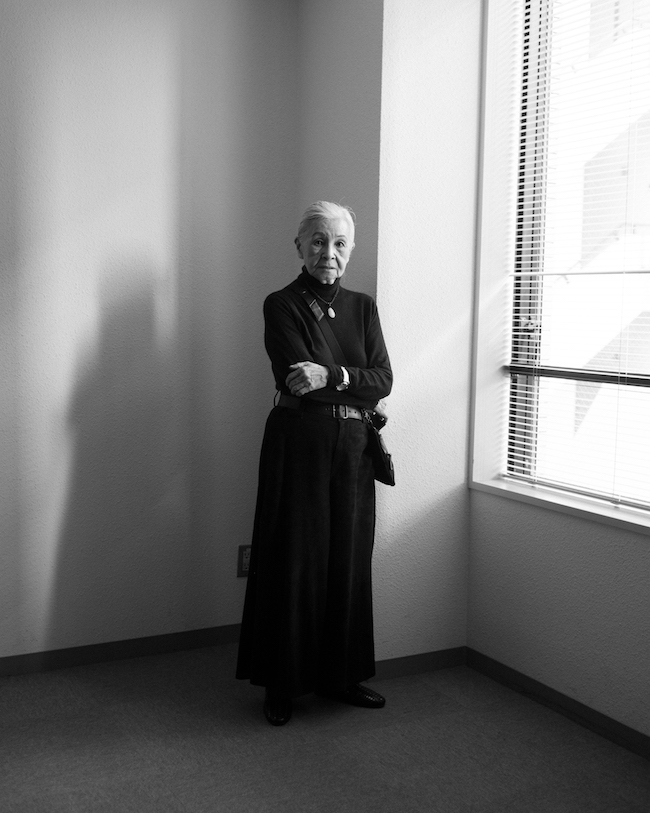
–I heard that for the films you participate in, you oversee all of the characters’ costumes. This one had many characters, right?
Emi: “Not just for this film, but it’s always a lot of work haha. Getting through the tough work is also rewarding, and leads me to my next job.”
–You also construct the costumes from the fabric and dying process to its final piece. How much time did you put into them?
Emi: “This time there was the fact that there was barely any time to prepare, and the Japanese actors/actresses were very busy so we did fittings when we found some spare time within that.”
–I was immersed in the colors of each of the character’s collars and the overall color palettes. Was there anything in particular you stuck to?
Emi: “I actually incorporate some of the structures characteristic of that era. However, if I do too much of that it turns into an NHK Taiga Drama. I didn’t want it to be like any of the samurai films that are also out, so I focused more on the human aspects. The film is a drama about a group of people, so from there I wanted the actors/actresses to turn it into something.”
–Why did you begin costume design in the first place?
Emi: “It wasn’t like I intended to become a costume designer. After I graduated Doshisha High School, I went to Kyoto City University of arts so I was planning to become a painter. Then, Ben Wada was producing and came to me saying, “We don’t have much of a budget, why don’t you give it a shot?”, and I had the chance to help with the set and costumes. I was 20 and in my third year of college. The costumes at the time were borrowed from Shochiku Costumes or Toho Costumes, and there were no jobs as a ‘costume designer’. The knitted fabrics from then made it a very poetic piece, but after doing that, someone who had seen it gave me another job. Next thing I know, I’ve been at it non-stop from my 20s to 82.”
–There must have been less women who worked back then. Perhaps there were lots of difficulties with that?
Emi: “I haven’t been through too many difficulties, haha, because I’ve been doing this thinking to create something new that had not existed before. That’s how I came to work on operas too. In 2018 I did Franco Zeffirelli’s Madame Butterfly and Turandot at the Arena di Verona Festival, and in the past I’ve worked for the Metropolitan Opera, the Dutch National Opera, and checked them all off, haha. I also design for a collaboration with Royal Shakespeare Company in King Lear. They’re both the same designs at the National Centre for the Performing Arts in China and the Shakespeare Theater in Stratford. I do that every year.”
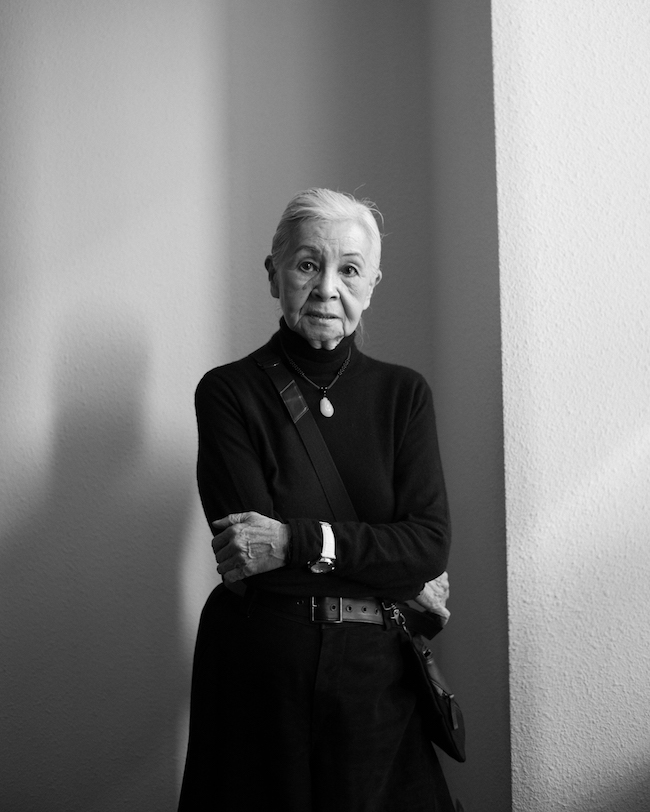
–You really work all over the world.
Emi: “Because we have entered the internet era, it’s become so much easier for anybody to watch old works. There was an online drama series called “Oh My General” composed of 60 episodes that I did 3 years ago, and it began in mainland China and Hong Kong, Taiwan, then spread to the U.S. and now it’s even streaming on the BS channel in Japan. This couple who were my neighbors told me they watch it every day, and that they’re so into it! Haha. I would like Samurai Marathon to also take advantage of the internet era and gain attention.”
–Speaking of the internet, I saw your award acceptance speech online when you received the Academy Award for best costume design for Akira Kurosawa’s Ran (1985).
Emi: “I have never done a job thinking I would get an award. When I received the Emmy Award for Oedipus Rex that I worked on with Seiji Ozawa, I was working on an Opera in Amsterdam. I received a call from a producer named Peter Gelb, and he said, “You were nominated so I want you to fly to LA as soon as possible.” And I went, and ended up winning the award. Now, “Oh My General” has apparently won an award called the China TV Golden Eagle Award.”
–After you won the Academy Awards, have you always been a board member?
Emi: “It’s been 33 years now. I attend the awards ceremony every year, and I’m flying to Los Angeles this year too from the 22nd. I’ve decided that I will participate in this like a vacation now. Besides the time my mother passed away, and when Ben Wada passed away, I have always attended.”
–The #metoo movement has been big in Hollywood, but have you faced any situations like that while working recently?
Emi: “Not for me personally, but I can imagine #metoo being a part of many situations. My fist film was a Hollywood film called Marco (1972), so after joining the union then, I have always been a union member. In American unions, you pay an annual fee and invest that money, and when you leave the union you get retirement funds. I get a little bit of interest on it every year, and can use it towards hotel expenses, haha.”
–You have been doing this job for 60 years, but are there any guidelines for when you choose films to work on?
Emi: “China is big and has many people, so I collected the production cost within a day for HERO (2003). Then on the first day, Zhang Yimou from the Great Hall of the People came running to me saying “Please do the next one too.” LOVERS (2004) with actor Takeshi Kaneshiro was also a big hit. I sometimes have films that are hits like those, but also am open to artistic films and small works if they seem interesting.”
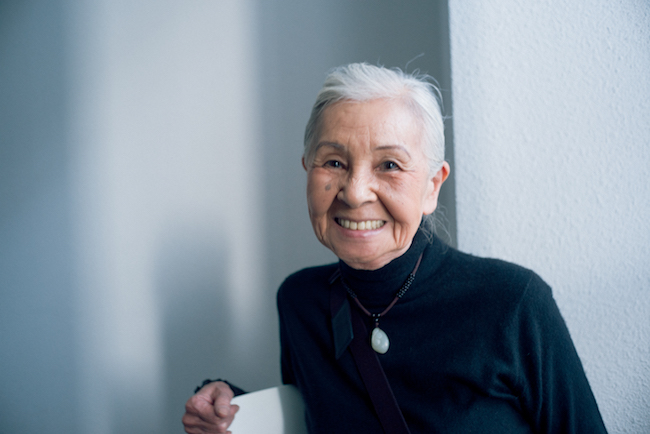
–You seem to be working independently for a while, but in what system do you work?
Emi: “I’m not very entrepreneurial, I don’t have a desire to have people under me. I sometimes have assistants but fundamentally I follow Localism. Only the locals know which fabrics and shops are best. When you get to my age, Japanese assistants are extinct. They cannot work because of things to do with family and illnesses. So now I invite them from London to my atelier in Beijing.”
–You have an atelier in Beijing?
Emi: “Yes I do. “Oh my General”, for example, had about 5000 costumes so there was no way I could finish in time. I have 25 assistants who attend the Central Academy of Fine Arts in Beijing who are able to illustrate on the computer. I draw the originals, and have each of them assigned to a character and illustrate variations. The second floor is the assistant room, and their drawings are immediately checked in the room below. I see what drawings each of them are good at, and assign them their characters. They’re all around their 20s. If they’re not around that age, they can’t use computers. It’s much faster for me to hand draw, but there’s no way I can draw 5000, haha.”
–Can you tell me about your plans from hereon?
Emi : I have a film that Joe Odagiri is shooting which will be released on September, and then going to Beijing from January 3rd. It’s a film I highly recommend to women.”
photography Kisshomaru Shimamura
text Nao Machida
edit Ryoko Kuwahara
“Samurai Marathon”
Release: February 22
https://gaga.ne.jp/SAMURAIMARATHON/
Stars: Ken Sato, Rina Komatsu, Mirai Moriyama, Shota Sometani
Munetaka Aoki, Ryu Kohata, Yuta Koseki, Motoki Fukami, Shinsuke Kato, Joi Iwanaga, Ruka Wakabayashi/ Naoto Takenaka, Mariko Tsutsui, Muji Kadowaki, Junko Abe, Nana, Taishi Nakagawa, Danny Huston, Etsushi Toyokawa, Hiroki Hasegawa
Director: Bernard Rose
Based on the original novel by Akihiro Dobashi, Bakumatsu Marathon Samurai (Published by Haruki Bunko)
Script: Hiroshi Saito, Bernard Rose, Kikumi Yamagishi
Produced by: Jeremy Thomas, Toshiaki Nakazawa
Music: Philip Glass
Costume Design: Emi Wada
Distribution: GAGA
©”SAMURAI MARATHON 1855”FILM Partners
Emi Wada
Costume Designer
“Ran” wins Best Costume Design: 1986 Oscars” At the 58th Annual Academy Awards
“Oedipus Rex” wins Outstanding Costumes : At the 45th Emmy Award
“The Bride with White Hair” wins Best Costume Design: At the 13rd Hong Kong Academy Award
“The Soong Sisters” wins Best Costume Design: At the 17th Hong Kong Academy Award
“HERO” wins Best Costume Design: At the 22nd Hong Kong Academy Award




